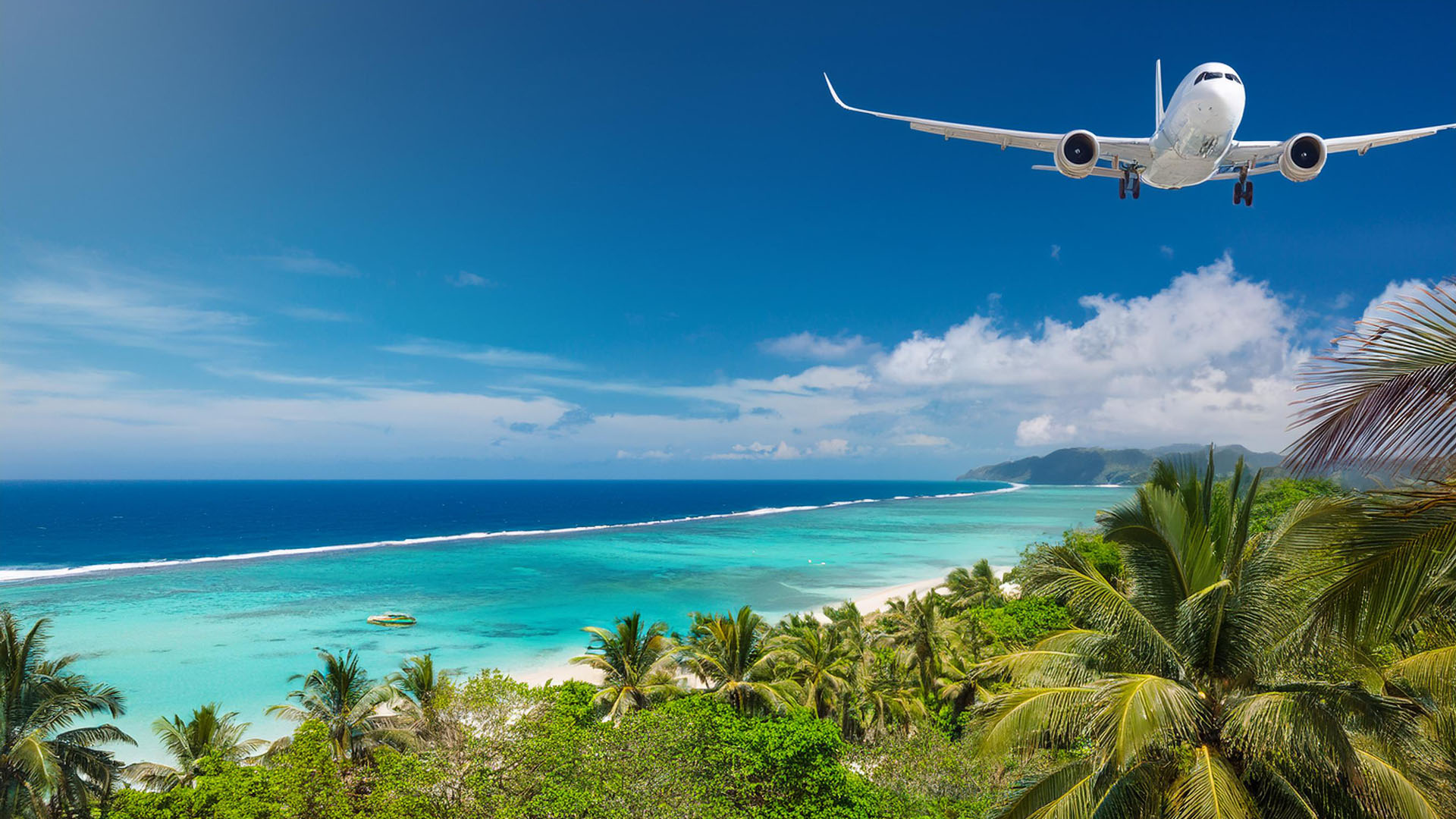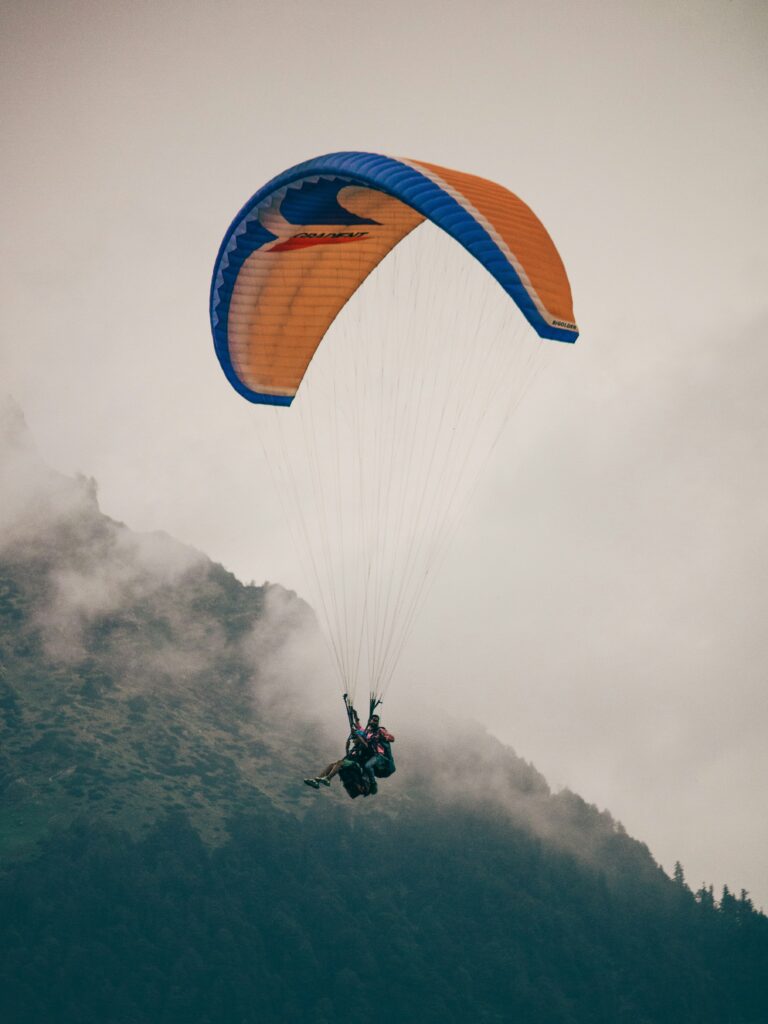Traveling should be a source of excitement and discovery, but for many, it can also bring about anxiety. The fear of the unknown, concerns about safety, or the stress of planning can turn a dream trip into a daunting experience. If you’re someone looking to break free from the confines of daily life, to embrace new adventures, and to step into the world with confidence, overcoming travel anxiety is a crucial step on your journey to freedom.
Here’s a guide filled with practical tips to help you conquer your travel anxiety and turn your journey into an empowering experience.
1. Understand Your Anxiety
The first step in overcoming travel anxiety is understanding it. Anxiety often stems from the fear of losing control or facing unfamiliar situations. By recognizing the root of your anxiety, you can begin to address it in a constructive way.
Why It Matters:
Understanding your anxiety allows you to approach it with compassion rather than fear. It’s about acknowledging your feelings without letting them hold you back.
Action Step:
Take a moment to reflect on what specifically triggers your travel anxiety. Is it the fear of flying, being in unfamiliar places, or leaving your comfort zone? Once you identify your triggers, you can develop strategies to manage them. Remember, anxiety is a natural response, but it doesn’t have to dictate your actions.
2. Plan and Prepare
Preparation is a powerful tool for reducing anxiety. The more you know about your destination and your journey, the more confident and in control you’ll feel.
Why It Matters:
Having a plan can alleviate the uncertainty that often fuels anxiety. When you’re prepared, you’re better equipped to handle unexpected situations and enjoy your trip.
Action Step:
Start by researching your destination thoroughly. Learn about the culture, language, local customs, and safety tips. Create a detailed itinerary that includes your travel routes, accommodations, and activities. Make a checklist of essentials to pack, and ensure you have all necessary documents, such as passports and travel insurance. Having a solid plan in place will help you feel more secure and in control.
3. Start Small
If the thought of a big, adventurous trip is overwhelming, consider starting small. You don’t have to dive headfirst into a long journey to gain confidence in your travel abilities.
Why It Matters:
Starting with smaller, manageable trips allows you to build your confidence gradually. It’s a way to ease into the world of travel without feeling overwhelmed.
Action Step:
Plan a short getaway to a nearby destination where you feel more comfortable. A weekend trip to a familiar city or a relaxing retreat in nature can help you practice your travel skills and build confidence. As you become more comfortable, you can gradually take on more ambitious travel plans.
4. Focus on the Positive
Travel anxiety often causes us to focus on what could go wrong. Instead, shift your mindset to focus on the positive aspects of travel—the new experiences, the freedom, the personal growth.
Why It Matters:
Positive thinking can significantly reduce anxiety and help you approach travel with excitement rather than fear. It’s about retraining your mind to see the opportunities rather than the obstacles.
Action Step:
Create a list of things you’re excited about for your trip. It could be tasting new foods, meeting new people, or simply escaping your routine. Whenever you feel anxious, revisit this list to remind yourself why you’re taking this journey. Visualization exercises can also help—imagine yourself enjoying your trip, feeling confident, and having a great time.
5. Practice Mindfulness and Relaxation Techniques
Mindfulness and relaxation techniques are powerful tools for managing anxiety. By staying present and calm, you can prevent anxiety from taking control.
Why It Matters:
Mindfulness helps you stay grounded in the moment, reducing the impact of anxious thoughts. Relaxation techniques can help calm your nervous system, making it easier to manage stress.
Action Step:
Incorporate mindfulness practices into your daily routine before your trip. Techniques such as deep breathing, meditation, and progressive muscle relaxation can help you stay calm and centered. During your journey, use these techniques whenever you start to feel anxious. Even a few minutes of deep breathing can make a big difference in how you feel.
6. Stay Connected
While solo travel is an empowering experience, staying connected with loved ones can provide comfort and support. Knowing that you can reach out to someone at any time can ease anxiety.
Why It Matters:
Staying connected with family or friends gives you a safety net, which can alleviate feelings of isolation or fear. It’s a way to share your experiences and get support when needed.
Action Step:
Before you leave, set up regular check-ins with someone you trust. Whether it’s a daily text, a phone call, or a video chat, staying in touch can help you feel more secure. Share your itinerary with a loved one so they know your whereabouts. Social media can also be a great way to stay connected and share your travel experiences.
7. Embrace the Unknown
One of the biggest causes of travel anxiety is the fear of the unknown. However, it’s often the unexpected experiences that make travel so rewarding. Learning to embrace uncertainty can transform your journey.
Why It Matters:
Embracing the unknown allows you to experience travel in a more open and adventurous way. It helps you build resilience and adaptability, which are key to overcoming anxiety.
Action Step:
Approach your trip with an open mind. Instead of worrying about what might go wrong, think of every challenge as an opportunity to learn and grow. Remind yourself that not everything needs to go according to plan—some of the best travel memories come from unplanned moments. Trust yourself to handle whatever comes your way, and let go of the need for complete control.
8. Take Care of Your Body
Physical well-being is closely linked to mental well-being. Taking care of your body can help reduce anxiety and keep you feeling strong and energized during your travels.
Why It Matters:
When your body feels good, your mind is more likely to stay calm and focused. Physical health is a crucial foundation for mental resilience.
Action Step:
Prioritize sleep, nutrition, and exercise in the days leading up to your trip. On the journey, stay hydrated, eat balanced meals, and take breaks to rest and stretch. Avoid excessive caffeine or alcohol, which can exacerbate anxiety. Simple practices like a morning stretch or a walk in the fresh air can help you stay grounded and calm.
9. Trust Yourself
One of the most empowering aspects of travel is learning to trust yourself. Trust that you have the skills, knowledge, and strength to handle whatever comes your way.
Why It Matters:
Self-trust is the key to overcoming anxiety. When you believe in your ability to navigate challenges, anxiety loses its power over you.
Action Step:
Remind yourself of past challenges you’ve overcome. Reflect on your strengths and how they’ve helped you in difficult situations before. Carry a small token or reminder that symbolizes your resilience—whether it’s a piece of jewelry, a mantra, or a journal entry. Trust that you can handle this journey, and that every experience, whether good or challenging, is an opportunity for growth.
10. Celebrate Your Success
Every step you take towards overcoming travel anxiety is a victory. Celebrate your successes, no matter how small, and recognize the progress you’re making.
Why It Matters:
Celebrating your achievements reinforces positive behavior and builds confidence. It helps you see travel as a series of accomplishments rather than a source of fear.
Action Step:
At the end of each day of your trip, take a moment to reflect on what you’ve accomplished. Maybe you navigated a new city, tried a new food, or simply enjoyed a peaceful moment in a foreign place. Acknowledge these successes and give yourself credit for your courage. Over time, these small victories will add up, and you’ll find that your travel anxiety has diminished significantly.
Conclusion
Overcoming travel anxiety is about more than just managing fear—it’s about embracing the freedom and possibilities that travel offers. By understanding your anxiety, preparing wisely, and taking steps to build confidence, you can turn your journey into a transformative experience. Remember, travel is a path to personal growth, and every step you take is a step towards greater freedom and self-discovery. So take a deep breath, trust yourself, and embark on your adventure with courage and confidence.




